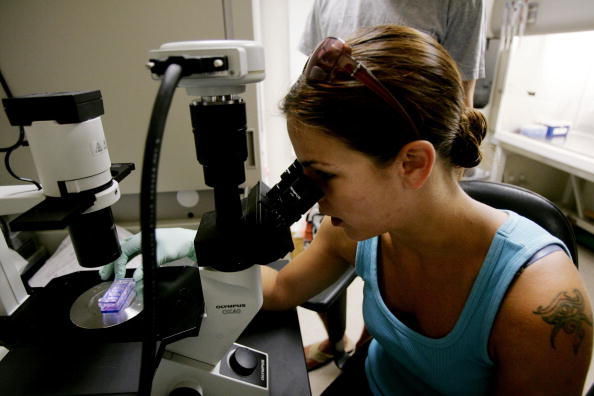
Human testing has been the subject of debate since its formalization in the early 20th century. For the past few decades, scientists have followed several governing ethical codes surrounding human testing including the Nuremberg Code and the Declaration of Helsinki. Even with the precautions, fatalities within the human testing industry have occurred.
Recently, a man from France has been confirmed dead following his participation in a clinical trial conducted by Biotrial International. Biotrial has since reassured the public that the clinical test was done in compliance with all international guidelines. Despite the recent incident, the Human Fertilization and Embryology Authority or HFEA in UK has announced it support for a very controversial study.
Just this week, a team of British scientists lead by Kathy Niakan announced that they have received approval to modify genes of human embryos for research.
"The Human Fertilization and Embryology Authority (HFEA) has approved a research application from the Francis Crick Institute to use new 'gene editing' techniques on human embryos" announced Niakan.
Unsurprisingly, opinions about the recent announcement have been very polarizing. Bruce Whitelaw, a professor from the Edinburg University has since expressed his support for the new development in human testing.
"This project, by increasing our understanding of how the early human embryo develops and grows, will add to the basic scientific knowledge needed for devising strategies to assist infertile couples and reduce the anguish of miscarriage" explained Whitelaw.
There is however a concern that the development would lead towards eugenics. A few non-profit organizations have spoken out about the possible threats of the new development to the sanctity of human life. According to Anne Scanlan from the charity LIFE, HFEA's decision has given scientists the permission to meddle with human life and human beings. She explains that the technology is dangerous and is a step in the wrong direction.
